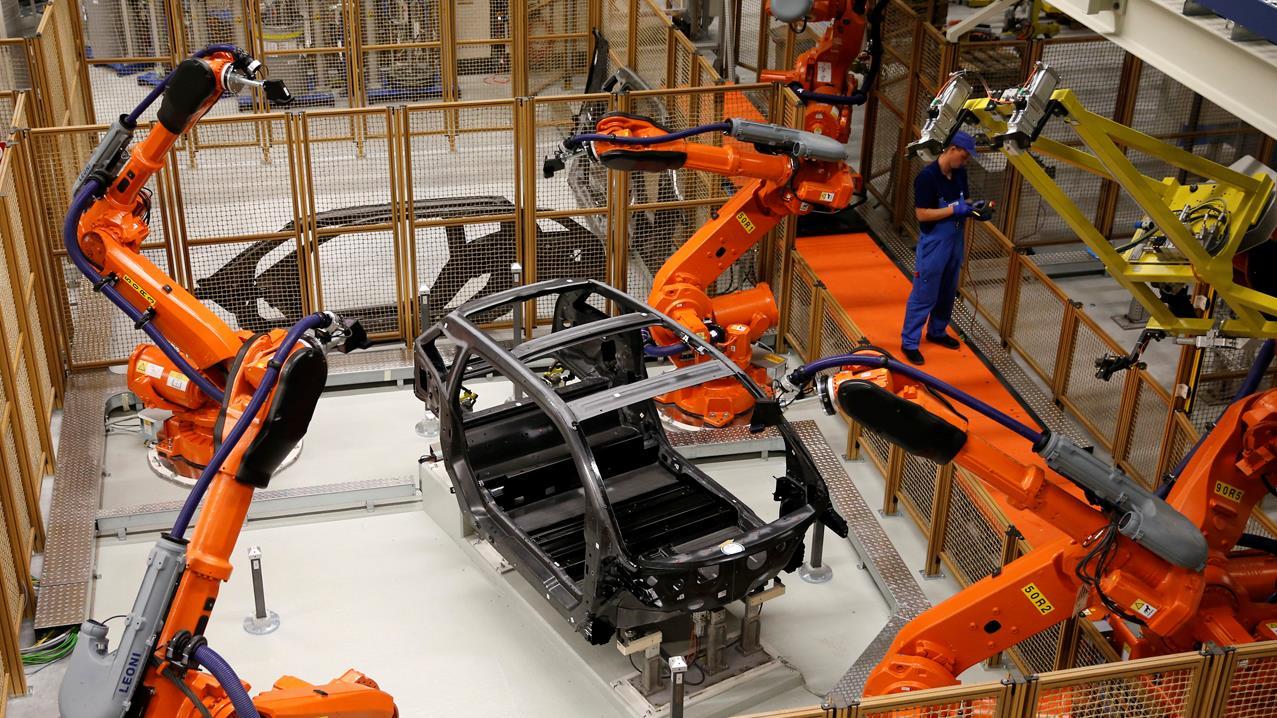Robots stealing workers’ wages, not jobs, study shows
Automation has actually created more jobs than it has eliminated over the past 50 years, according to a recent economic analysis by The Brookings Institution, which looked at the economies of 28 countries belonging to the Organization for Economic Cooperation and Development (OECD).
While acknowledging that some industries have experienced a decrease in jobs, those losses have been offset by an increase in productivity and consumer spending. Researchers found that since 1970, employment opportunities have increased by 6%.
There is still a downside to more robots creeping into the workforce: compensation. Researchers found that while overall economic growth has increased, earnings have not kept pace with increasing productivity. So, while the economy is growing, the proportion of income being allocated to workers’ incomes has shrunk.
In the United States, wage growth has largely been stagnant since the financial crisis in 2008, though recent economic data indicate a slight improvement. In February, average hourly earnings increased 2.6% from a year earlier, compared with the January increase of 2.8%, which had been revised lower. Federal Reserve Chair Jerome Powell said during congressional testimony earlier this month that he expected to see wage growth accelerate throughout the course of the year.
Whether wages will match overall economic growth as automation expands is an open question. Experts surveyed by the Machine Intelligence Research Institute said there was a 50% probability that robots will be able to complete all jobs in about 120 years. Regarding the near term, PricewaterhouseCoopers (PwC) predicted that as many as 38% of U.S. jobs could be assumed by robots by 2030.




















